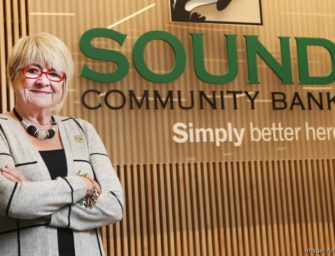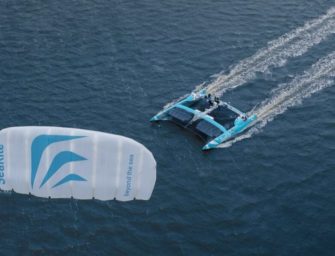Yvon Chouinard: The Reluctant Businessman Who Built Patagonia
Yvon Chouinard, the founder of Patagonia, is a man who never set out to be a businessman. Born in 1938 in Lewiston, Maine, to French-Canadian parents, Chouinard moved with his family to California, where he developed a passion for climbing and the outdoors. As a young man, he taught himself blacksmithing to make better climbing gear for himself and his friends. This humble beginning led to the creation of Chouinard Equipment, which would eventually evolve into one of the most influential outdoor brands in the world: Patagonia.
In 1973, Chouinard officially founded Patagonia as a clothing company, aiming to provide high-quality outdoor gear with a deep respect for the environment. From the beginning, the company was different. Chouinard prioritized environmental responsibility long before it became a trend. In the 1980s, he committed the brand to using organic cotton, despite higher costs and logistical challenges. Patagonia also began donating one percent of its sales to environmental causes, a practice that eventually led to the creation of the global movement 1% for the Planet, which Chouinard co-founded.
Yvon Chouinard’s Radical Gift: Giving Away Patagonia to Save the Planet
Under Chouinard’s leadership, Patagonia became a beacon for sustainable business. It introduced repair and reuse programs, promoted anti-consumption campaigns such as “Don’t Buy This Jacket,” and sued the U.S. government to protect public lands. In 2022, Chouinard took his boldest step yet: he gave away the company. Rather than selling it or taking it public, he transferred ownership to a trust and a nonprofit, ensuring that all profits not reinvested in the business would be used to combat climate change and protect the planet.
However, Chouinard’s journey has not been without controversy. Critics have pointed out the contradictions of a multimillion-dollar company promoting anti-consumerism while relying on consumer sales to survive. Some have questioned whether the company’s environmental messaging is always aligned with its manufacturing practices, especially given the complex global supply chains of the textile industry. There have also been labor concerns in overseas factories, although Patagonia has generally responded to such issues with transparency and efforts to improve.
Despite these challenges, Chouinard remains a symbol of ethical entrepreneurship. He has consistently rejected conventional corporate values, often describing himself as a “reluctant businessman.” His offices discouraged hierarchy, his company emphasized work-life balance, and his focus has always been on the long-term health of the planet rather than short-term profits.
Yvon Chouinard’s legacy is both complex and powerful. He transformed a small blacksmithing hobby into a global company that challenged what business could be. He demonstrated that it is possible to run a profitable enterprise while maintaining deep ethical and environmental commitments. His story continues to inspire entrepreneurs, environmentalists, and consumers around the world, showing that the greatest impact sometimes comes from those who never wanted to play the game in the first place.
















There are no comments
Add yours